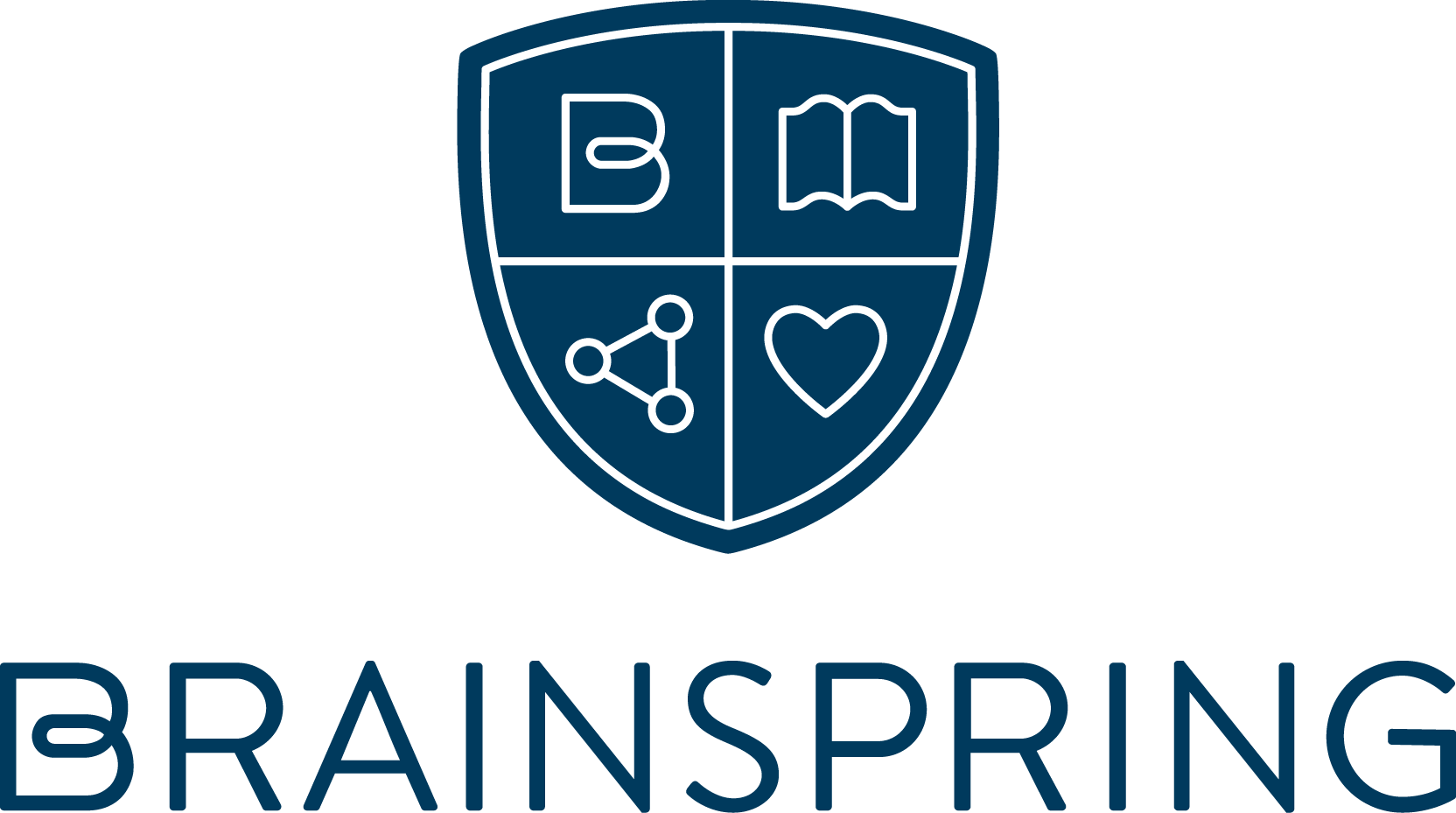"But She's So Smart!"
Posted by Brainspring on 29th Oct 2020
Years ago, I mentioned to someone that my daughter had dyslexia. The reply was, “But she’s so smart.” That comment made me realize that many people don’t understand dyslexia.
Some Consider Dyslexia a Gift
Having dyslexia does not mean you also have a lower IQ. In fact, it is often quite the opposite. Many people with dyslexia are highly intelligent and gifted in areas other than reading.
A person with dyslexia struggles with phonological awareness and word attack skills. Their brain is wired differently and approaches reading tasks in a different way than readers without dyslexia do. This difference is not related to  intelligence or ability to perform other tasks. Some people might even argue that dyslexia is a gift because a person with dyslexia understands struggle – they struggle in school, they struggle with reading, they struggle with spelling – and they develop perseverance or “grit” early on. People with dyslexia are often empathetic and resilient, and they often develop special talents. Muhammad Ali, for example, barely graduated from high school due to his struggles with dyslexia. He went on to become one of the world’s greatest boxers and an Olympic champion.
intelligence or ability to perform other tasks. Some people might even argue that dyslexia is a gift because a person with dyslexia understands struggle – they struggle in school, they struggle with reading, they struggle with spelling – and they develop perseverance or “grit” early on. People with dyslexia are often empathetic and resilient, and they often develop special talents. Muhammad Ali, for example, barely graduated from high school due to his struggles with dyslexia. He went on to become one of the world’s greatest boxers and an Olympic champion.
People Who Persevere
Fashion designer Tommy Hilfiger struggled with reading throughout his educational career and was later diagnosed as having dyslexia. As a child he was afraid to talk to his family and teachers about his struggles with reading. Despite his struggles, Hilfiger’s net worth is around $450 million today.
Patricia Polacco, author and illustrator of several renowned children’s books, thought she was dumb due to her undiagnosed dyslexia. As a youngster, she showed extraordinary artistic talent, yet reading was extremely difficult for her. She went on to earn a PhD.
Despite her struggle to properly spell words, author Agatha Christie penned more than 60 books during her lifetime. She is a great example of the perseverance that many people with dyslexia exhibit.
Photographer Ansel Adams once said, “When words become unclear, I shall focus on photography.” Like many people, his struggles with reading and spelling went undiagnosed.
Screenwriter and producer Steven Spielberg, perhaps best known for the films Jaws,  ET, and Schindler’s List, still struggles to read quickly. Reading quickly and accurately is something many people with dyslexia struggle with. As a child, Spielberg struggled to do well in school and eventually dropped out of college. His movie-making talents were obvious from a young age. It wasn’t until adulthood that Spielberg was diagnosed as having dyslexia.
ET, and Schindler’s List, still struggles to read quickly. Reading quickly and accurately is something many people with dyslexia struggle with. As a child, Spielberg struggled to do well in school and eventually dropped out of college. His movie-making talents were obvious from a young age. It wasn’t until adulthood that Spielberg was diagnosed as having dyslexia.
Dyslexia is often a gift in disguise. Those with dyslexia aren’t dumb and the struggles they overcome when learning to read, write, and spell often give them the determination needed to become a successful athlete, writer, artist, or leader. Throughout history, some of the best known musicians (Ozzy Osbourn, Tony Bennett, Bob Weir, Jewel), scientists (Alexander Graham Bell, Thomas Edison, Albert Einstein, Pierre Curie), sports figures (Magic Johnson, Greg Louganis, Nolan Ryan, Tim Tebow), artists (Leonardo DaVinci, Pablo Picasso, Andy Warhol, August Rodin, Jackson Pollack), and others (Erin Brockovich, Woodrow Wilson, Anderson Cooper, Jamie Oliver) have been diagnosed with or were suspected of having dyslexia.
If anyone ever tells you that your child with dyslexia seems “so smart,” tell them it’s because they are!
Written by Tammi Brandon, M.Ed, SLDI, CALP
Tammi is the Director of Distance Learning and a Master Instructor with Brainspring Educator Academy.
Brainspring has proudly supported the educational community for more than 25 years.
Our Educator Academy provides educators in grades K-12 with comprehensive MSL Professional Development courses. Learn more about our in-person and online professional development.
The Learning Centers support students through one-on-one, multisensory tutoring sessions. Learn more about our in-person (available in Southeast Michigan) and nationwide online tutoring.

